Recognizing When a Relationship Turns Codependent
Some relationships may appear to be codependent on the surface but, in reality, are not. For instance, a mother must care for their child by necessity, and when the child is very young, the child is completely dependent on the mother. As part of that relationship, the mother may exhibit behavior that is controlling but not codependent or dysfunctional. In another example is someone is extremely sick, they may be wholly dependent on their partner or another person to care for them until they recover. As a therapist in Chevy Chase, MD, from an office like Lindsey Hoskins & Associates can explain, determining whether or not a relationship is codependent is not always black and white. A therapist offers the objectivity and training that is sometimes necessary to recognize potentially toxic or negative patterns and behaviors. Where you fall on the spectrum of codependency can inform where and if you need to draw your boundaries and make changes.
Early Life Skills
As children, we rely heavily on the guidance of our parents. There is no such thing as a perfect parent, and how a parent may fall short in raising their child can lead to that child having to learn missed lessons on their own as they get older. For instance, a person may not have learned how to be assertive or express their feelings in childhood. As a result, they may not have learned the skills required to ask others what they need. Later in life, they may continue these behaviors and be unable to draw the boundaries necessary to protect themselves. However, in therapy, that same individual can learn to recognize when they are being taken advantage of and to value their self-worth. These traits can reduce the risk of entering a codependent relationship in which their needs are secondary to their partner’s.
This is not to say that someone who is not assertive is necessary a codependent person. Rather, it is a trait that can make it easier for a person to fall into the trap of a codependent dynamic, whether it’s romantic, familial, work, or friendship. Therapy can help in all types of relationships because the person can identify patterns, recognize the importance of boundaries, and find the strength to end toxic or unhealthy relationships.
Addiction is Often an Element of Codependency
It is a common scenario: someone is an addict and enters into a relationship with someone who enables that addiction and may even encourage it as the codependent partner of the addict. There is a symbiotic albeit unhealthy codependency between an addict and their codependent partner. Over time, despite how the unhealthy relationship may feel to one or both partners, its familiarity may make them reluctant to end the cycle. Counseling can provide the clarity and “gut check” that are the first steps to making positive changes in one’s life. If the primary support in your life is your partner, trying to end that relationship without their support can feel overwhelming. Manipulation may also be at play. You may be tricked into staying in the relationship if it benefits them somehow. A counselor can provide objective but compassionate feedback in your quest for truth and more fulfilling life.
Give us a call to learn how a counselor can make a difference in your life.
